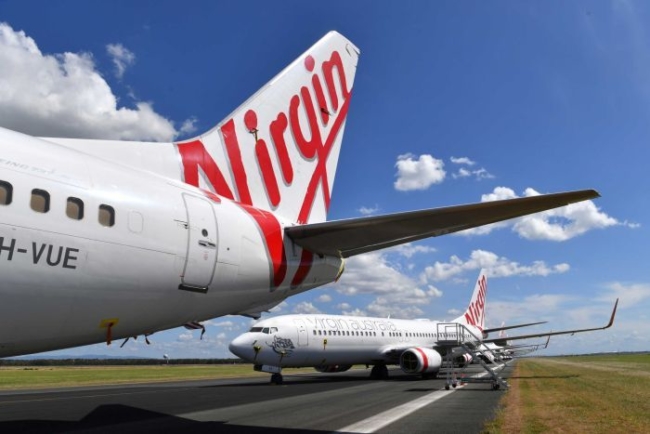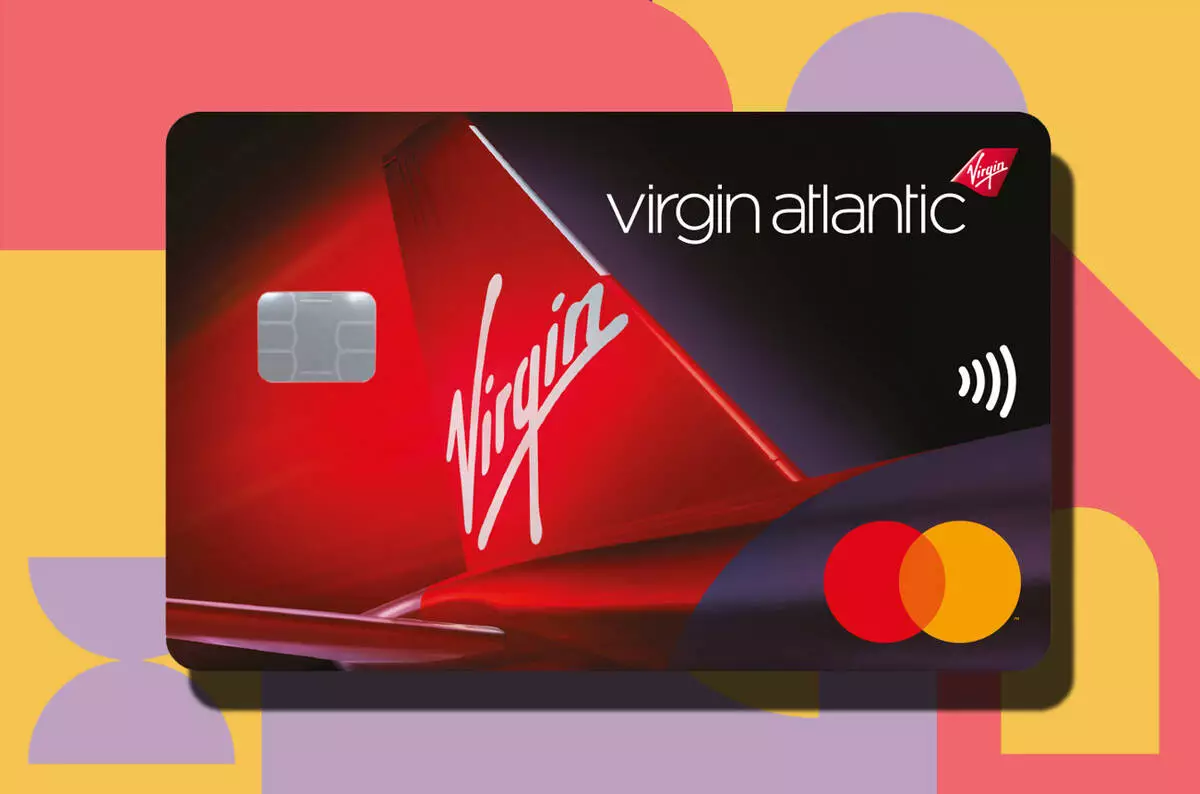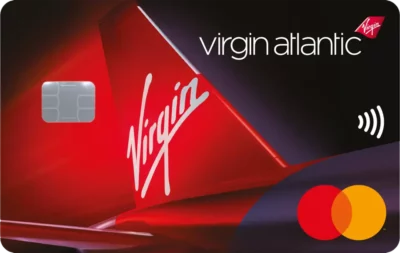Virgin Australia sold to US private equity group Bain Capital
Links on Head for Points may support the site by paying a commission. See here for all partner links.
The future of Virgin Australia seems secure, at least for now, after Bain Capital agreed a deal to buy the airline from the administrators.
The deal will still require creditor approval but this is likely to be a formality, despite the fact that debts worth a reported A$6.8 billion will be wiped out.
Bain Capital was one of two shortlisted investors. The other party, Cyrus Capital – which was part of the investment group behind the failed reboot of Flybe – withdrew, leaving Bain as the winner. Bain Capital is the biggest shareholder in the fledgling Virgin Voyages cruise ship business and the deal presumably has the blessing of Virgin Group, although this is not discussed in the public statements.

The Queensland state Government will also be an investor, with a reported 5% stake, after agreeing to proved A$200m in cash and benefits. This followed an attempt by the New South Wales Government to encourage the airline to move to Sydney.
Bain Capital has reportedly injected A$125m immediately to keep the airline flying until August. This will keep it in the air until the formal meeting of creditors can rubber-stamp the deal.
It is not clear what plans Bain has for the airline. It is believed that it is not willing to take on Qantas too aggressively, and will focus on being a smaller scale carrier covering domestic and New Zealand routes. The plan does not seem to include resuming long haul to routes to cities such as Hong Kong.
It will, however, remain a full service airline and will not attempt to copy the low cost carrier model. It appears that Bain wish to reposition the brand as a mid-market carrier, retaining some of the lounges but focussing lesson corporate and more on the value-driven market, not unlike JetBlue in the US.
The good news on the loyalty front is that all Velocity frequent flyer bookings will be honoured, and the scheme will continue. Velocity is currently run as a separate business but it appears than Bain wants to integrate it back into the main airline. The company has also committed to keep existing employee packages intact for those who remain with the business.
If you want to find out more, there is a detailed ABC article on its website here.
PS. If you are not a regular Head for Points visitor, why not sign up for our FREE weekly or daily newsletters? They are full of the latest Avios, airline, hotel and credit card points news and will help you travel better. To join our 70,000 free subscribers, click the button below or visit this page of the site to find out more. Thank you.

How to earn Virgin Points from UK credit cards (July 2025)
As a reminder, there are various ways of earning Virgin Points from UK credit cards. Many cards also have generous sign-up bonuses.
You can choose from two official Virgin Atlantic credit cards (apply here, the Reward+ card has a bonus of 18,000 Virgin Points and the free card has a bonus of 3,000 Virgin Points):

Virgin Atlantic Reward+ Mastercard
18,000 bonus points and 1.5 points for every £1 you spend Read our full review

Virgin Atlantic Reward Mastercard
3,000 bonus points, no fee and 1 point for every £1 you spend Read our full review
You can also earn Virgin Points from various American Express cards – and these have sign-up bonuses too.
The American Express Preferred Rewards Gold Credit Card is FREE for a year and comes with 20,000 Membership Rewards points, which convert into 20,000 Virgin Points.

American Express Preferred Rewards Gold Credit Card
Your best beginner’s card – 20,000 points, FREE for a year & four airport lounge passes Read our full review
The Platinum Card from American Express comes with 50,000 Membership Rewards points, which convert into 50,000 Virgin Points.

The Platinum Card from American Express
50,000 bonus points and great travel benefits – for a large fee Read our full review
Small business owners should consider the two American Express Business cards. Points convert at 1:1 into Virgin Points.

The American Express Business Platinum Card
50,000 points when you sign-up and an annual £200 Amex Travel credit Read our full review

The American Express Business Gold Card
20,000 points sign-up bonus and FREE for a year Read our full review
Click here to read our detailed summary of all UK credit cards which earn Virgin Points.



 Rob
Rob 





Comments (23)